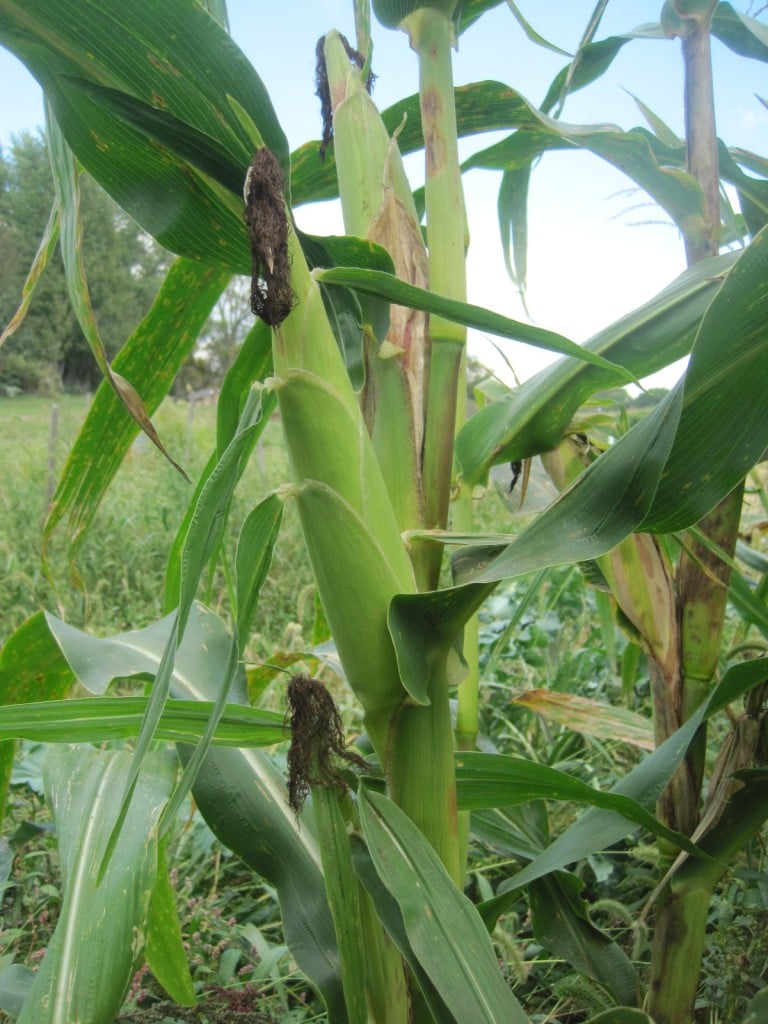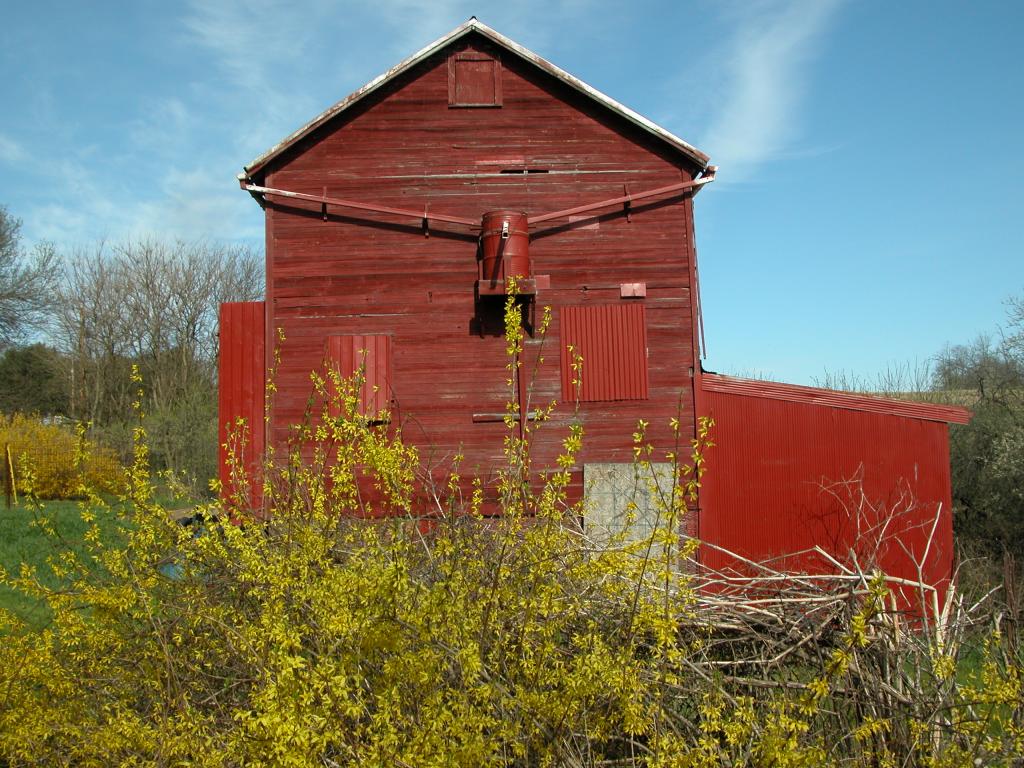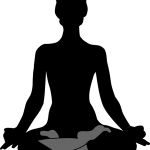For the past few weeks, I have been overseeing an online multi-genre workshop on eco-writing. Eco-writing could be considered a variation on nature writing, because it deals with the natural world we live in, but it is not simply “writing about nature.” Writing ecologically requires receptivity to modes of communication other than the human, which runs counter to the instincts of the romantic imagination that projects human emotion and meaning onto the natural world. It is fitting that thinking ecologically about the world we live in means holding in check certain impulses to rush out and define things, label them, paint faces on them – because holding ourselves in check is central to ecological responsibility in the moral life, also.
One work we read for the course was Michael Pollan’s essay “Weeds Are Us,” which draws on history and botany to challenge romantic assumptions about the ecological make-up of the world we reside in. We assume that the weeds in our garden are envoys of some pristine untouched wildness; they are not. As Pollan points out:
Weeds, as the field guides indicate, are plants particularly well-adapted to man-made places. They don’t grow in forests or prairies—in “the wild.” Weeds thrive in gardens, meadows, lawns, vacant lots, railroad sidings, hard by dumpsters and in the cracks of sidewalks. They grow where we live, in other words, and hardly anywhere else.
Weeds, contrary to what the romantics assumed, are not wild. They are as much a product of civilization as the hybrid tea rose, or Thoreau’s bean plants. They do better than garden plants for the simple reason that they are better adapted to life in a garden.
Pollan goes on to make the connection between the way weeds dominate the garden, and human domination of the earth. Like ragweed and bindweed, we are not comfortably situated within ecosystems; we are colonizers; we step out of place and barge in uninvited, displacing other entities. The conclusion Pollan draws is a call to action: “doing nothing is not necessarily benign.” We can’t just step back politely and let nature to its thing, because – as with our weeds that have traveled with us in our march across the globe – we have spread around too much already, disrupted too much.
There’s no going back. Even Yellowstone, our country’s greatest “wilderness,” stands in need of careful management—it’s too late in the day simply to “leave it alone.” I have no idea what the best fire policy for Yellowstone might be, but I do know that men and women, armed with scientific knowledge and acting through human institutions, will have to choose one. They will also have to decide how many tourists Yellowstone can support, whether wolves should be reintroduced to help keep the elk population from exploding, and a host of other complicated questions. Today, even Yellowstone must be “gardened.”
There’s a certain irony in the fact that our unrestrained domination, on the basis of our claim to be “lords of the earth” with “dominion over nature” has now put us into a position where we can’t simply retreat and take a neutral position; we are morally obligated to labor to maintain delicate balances, or even restore balances we have upset. It is no longer an option for us to retreat into caves, to reject involvement in social or political projects of ecological responsibility.
From a religious perspective this looks like atonement.
But unlike what we usually consider acts of atonement, there is nothing overtly ritualistic about it. Or, if there is ritual, the ritual entails a careful divesting ourselves of the assumptions we make about our place of nature, and disciplining ourselves to grasp and respect the hard realities of living, physical being.
A recent event at Union Seminary made for a day or two of extra rumpus in Christian circles. The event was part of a class on “Extractivism,” and it entailed the seminarians gathering together and, according to the seminary’s Twitter, confessing to plants:
Together, we held our grief, joy, regret, hope, guilt and sorrow in prayer; offering them to the beings who sustain us but whose gift we too often fail to honor.
Naturally, much of the commentary on this was in either an alarmed or a mocking vein, But writer and Plough editor Veery Huleatt, writing for Washington Post, had a take on the event that is worth considering:
There is physical work to be done in healing and restoring debilitated ecosystems. Fumbling our way toward a better environmental ethic will probably involve some awkwardness and false starts, confessing to plants among them, but refusing to admit our ecological guilt is arguably a worse sin than taking our succulents to church.
I don’t think the seminarians who confessed their sins to plants are misguided or mistaken. I do think that they are corralling their ideas about ritual atonement within a religious framework that has become unused to the idea that the religious is the prophetic, the prophetic is the revolutionary, and the revolution means redemption is made flesh.
This means actual material involvement – as real and messy as Jesus spitting to make mud to smear on a blind man’s eyes.
I sometimes have jokingly said to my family, “my work is my prayer,” when I come in from planting or staking or pruning, in the afternoon. But what is our moral obligation to involve ourselves in eco-systems, as Pollan describes, is not only moral but religious? What if it is vocational – the healing and protection of the earth something to which one might be called by God, whom we revere as Creator and Sustainer? What if it is even sacramental – if divine grace is made real and present in our acts of ecological atonement?
When I talk to my friends who are more interested than I am in spirituality, I find that they speak often of silence, of resting. This initially seems foreign to me. If I try to rest in silence, anxiety floods in. I like to keep busy. Probably if I’d been born later I would have gotten an ADHD diagnosis, or maybe I’m just hyper, I don;t know.
But when I am in my gardens – or working with animals – even though I am not still or necessarily silent, a kind of silence settles in, the clamoring voices that make demands on us as though we were just another resource are silenced. I am beginning to find in this labor a kind of spirituality that is surprising because it seems so physical, so carnal.
I think of the weeds that take root in disrupted places, invasive species sprawling along a foot a day. Weeds are us, Pollan says, and this feels like a pretty decent self-assessment. As a weed I find myself taking root where I don’t belong, crowding out other life-forms.
An ecological spirituality at this crisis in history might be one where the possibility of silence depends upon action. My act of weeding, bent in the soil, might even be a spiritual discipline.
image from the author’s own collection













